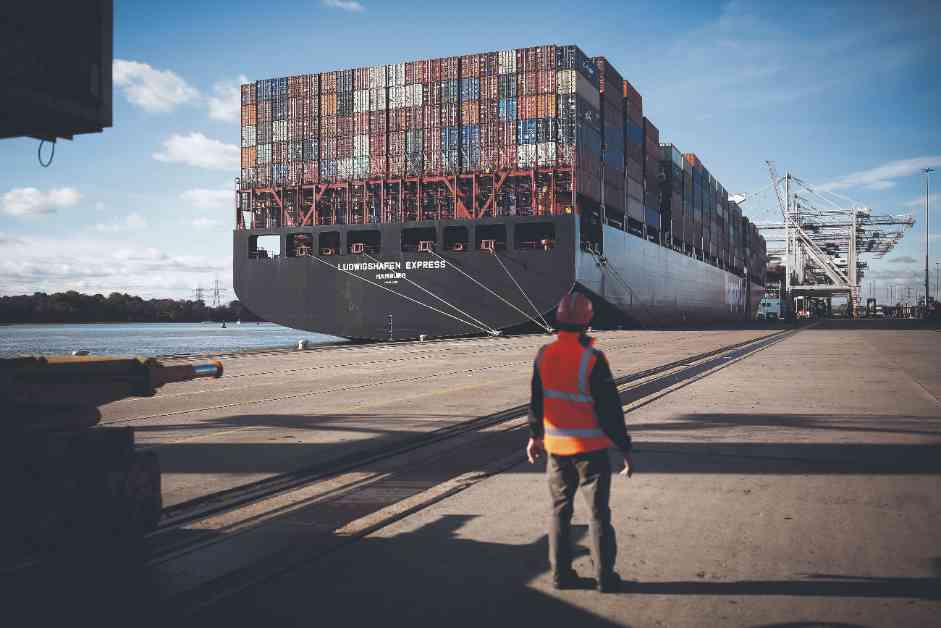The UK’s maritime sector is facing concerns about falling behind in efforts to decarbonize compared to other modes of transportation. A letter signed by leaders in the industry emphasizes the need for immediate action to replace the Clean Maritime Plan introduced in 2019. The plan aimed for all new vessels ordered for UK waters to have zero-emission capabilities by 2025.
While the government has allocated £100 million for greener air travel, including Sustainable Aviation Fuel (SAF), the maritime sector feels the need for a similar focus on reducing emissions. International shipping contributes five percent of total emissions, comparable to aviation, but has received less attention in the push for net zero.
Rhett Hatcher, the CEO of the UK Chamber of Shipping, stresses the importance of a revised plan to provide confidence to investors and stakeholders. The International Maritime Organization (IMO) has set targets for emissions reduction by 2030 and 2050, but current challenges, such as Houthi rebel attacks in the Red Sea, are impacting emission levels.
The European Union has extended its carbon emissions trading scheme to the maritime sector, requiring shipowners to purchase credits for emissions produced. However, the disruptions caused by attacks in the Red Sea have led to increased emissions as ships try to make up for delays. Analysts predict that shipping emissions could exceed 100 million tonnes for the first time since 2019.
The industry is calling for collaboration between the government and private sector to develop a multi-year plan that outlines a clear pathway for emissions reduction. Without immediate action and a revised strategy, the maritime sector risks falling behind in the race towards decarbonization. It is crucial to address the challenges posed by current events and ensure that the industry remains on track to meet its environmental goals.












